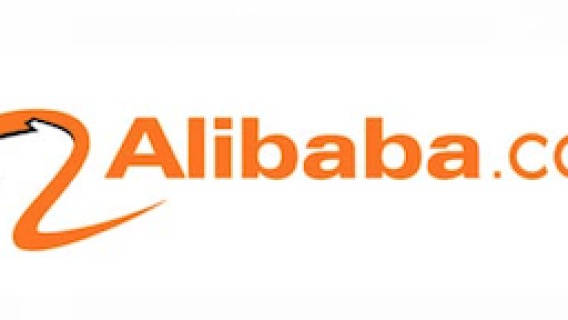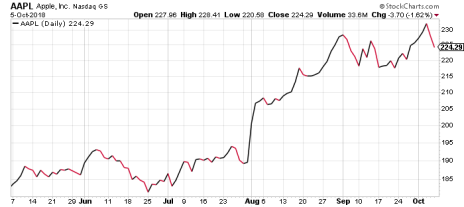Buy-and-hold investing doesn’t always work. But when it does, it can make you rich. Just ask anyone who still owns an Apple 1 computer.
Way back in 1976 (America’s Bicentennial Year), a couple of crazy kids named Steve built a computer in their garage. It was pretty crude, just a keyboard, a circuit board, a monochrome monitor and a power supply, all just sitting there with their wiring hanging out. If you wanted it to look nice, you built your own case. If you wanted programs, the company would sell you chess, checkers and a text-based space warfare game based on Star Trek. You loaded the software via cassette player and made up new programs by writing the code yourself.
The Steves were Steve Wozniak and Steve Jobs, and the computer was the Apple 1, of which only 200 were made and about 80 still survive.
[text_ad use_post='129628']
But if you had laid out the original purchase price of $666.66 in July 1976, and put it in a box in the attic, you would now be the owner of a computer artifact worth $375,000 - or at least that’s what a mint Apple 1 in working condition sold for at an auction in Boston on September 25.
As a growth investor, I’d say that 42 years is longer than I care to hold any investment. The stocks I follow are too volatile to survive market shakeouts like the collapse of the Tech Bubble in 2000 and the Housing Bubble in 2008, not to mention the smaller market hiccups that hit from time to time.
When Buy-and-Hold Investing Fails
As Chief Analyst of Cabot Global Stocks Explorer, I know that there are stocks that will do well in the long run, especially some Chinese internet stocks. As an example, I still have a small position in Alibaba (BABA) that was added to the portfolio in 2016 when it was trading in the 70s. With BABA now trading around 150 (down from its June high at 212), I can afford to be patient.
But when people at the recent Cabot Wealth Summit asked me if there were any stocks in the emerging markets universe that I thought were candidates for a long-term buy-and-hold investing strategy, I said no. And I said no because buy-and-hold investing is a strategy that takes away one of the major advantages growth investors enjoy over large institutional investors. And that’s the ability to move in and out of positions at a moment’s notice in response to market conditions.
Chinese stocks have been out of favor since June, with the Golden Dragon ETF (PGJ) that follows Chinese American Depositary Receipts (ADRs) down from 51 to 35. And in response, I now have the Cabot Global Stock Explorer’s portfolio more than 60% in cash, positioning it defensively as we wait for investors to return to reap the values that are being created during this downturn.
But the portfolio’s position in BABA is now rated Hold, and will keep that rating until I see evidence in the chart that big investors are changing their minds about Chinese stocks in general and BABA in particular.
So, if you happen to have an old Apple 1 computer stuffed into the back reaches of your attic, congratulations, you’re in for a nice payday. But when it comes to Apple (AAPL) stock, you should be following proper growth investing principles and managing your position accordingly. Right now, that means buying, as the stock is in an uptrend with one rapid rally in early May and an even bigger one in August.
Apple isn’t really a growth stock any more, despite its great recent performance. It’s a dividend-paying giant whose earnings are expected to rise 28% in 2018 (partly thanks to the tax cut) and 15% in 2019. So you can consider using a buy-and-hold investing strategy on AAPL.
But for BABA, you need to use your nimbleness advantage to wait until you see some positive momentum before putting your money to work in this Chinese e-commerce giant.
[author_ad]
*This post has been updated from an original version.


